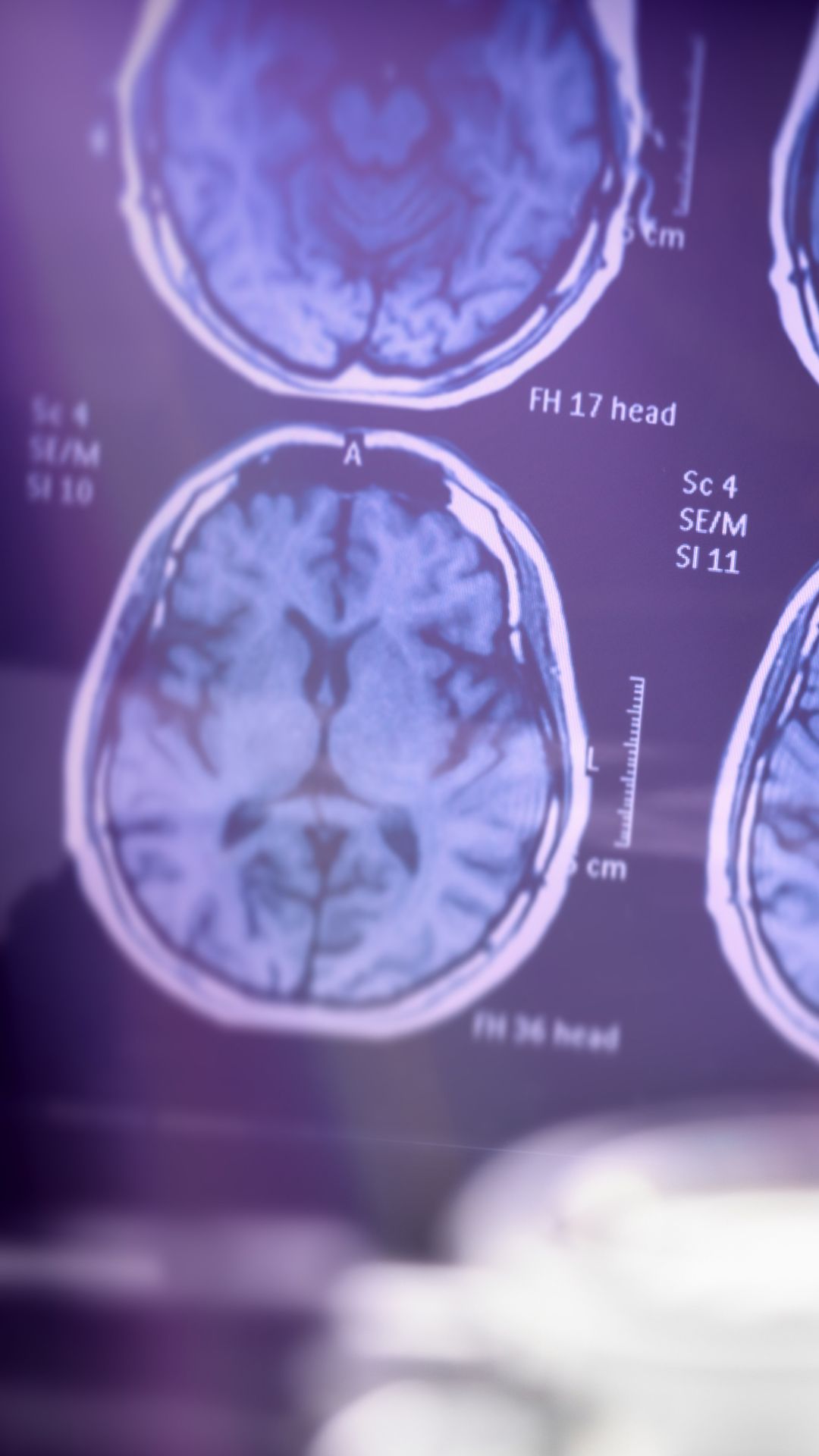Dementia, Alzheimer’s, and Other Neurological Disorders
Understanding Alzheimer’s Disease
Alzheimer’s disease is the most common cause of dementia, accounting for a significant proportion of cases. It is a progressive neurological disorder characterized by the gradual decline of cognitive function due to the accumulation of abnormal proteins in the brain. Alzheimer’s disease typically starts with mild memory loss and progresses to severe impairment, affecting a person’s ability to carry out even the simplest tasks.
Other Neurological Disorders
In addition to Alzheimer’s disease, there are several other types of dementia and neurological disorders, each with its own set of symptoms, causes, and progression. These may include vascular dementia, Lewy body dementia, frontotemporal dementia, Huntington’s disease, and more. While these conditions share similarities in terms of cognitive decline, their underlying mechanisms and management strategies may vary significantly.
Services
Discover personalized and advanced treatment options under the expert care of Dr. Jaslovleen Sidhu, a renowned neurologist specializing in movement disorders.
Having a query?
Whether you seek insights into a specific medical condition, guidance on preventive care, or simply wish to optimize your well-being.

Early Detection and Diagnosis
Early detection and diagnosis of dementia, Alzheimer’s disease, and other neurological disorders are crucial for several reasons. Detecting these conditions in their early stages allows for prompt intervention, which can help slow disease progression, improve treatment outcomes, and enhance quality of life for patients and their families.
Importance of Early Detection:
- Treatment Efficacy: Early diagnosis provides the opportunity to implement appropriate treatment strategies promptly. While there is no cure for many neurological disorders, medications and therapies may help manage symptoms more effectively when initiated early in the disease process.
- Improved Planning: Early diagnosis allows individuals and their families to plan for the future. It enables them to make informed decisions about care options, legal and financial matters, and long-term care arrangements while the individual is still able to participate in decision-making.
- Access to Support Services: Early detection facilitates access to support services and resources tailored to the specific needs of patients and their families. This may include educational programs, caregiver support groups, respite care services, and assistance with navigating healthcare systems.
- Delay Disease Progression: Some interventions, such as lifestyle modifications and cognitive therapies, may help slow the progression of certain neurological disorders when initiated early. Early diagnosis provides the opportunity to implement these interventions and potentially delay the onset of more severe symptoms.
Diagnosis of Dementia, Alzheimer’s, and Other Neurological Disorders
Accurate diagnosis of dementia, Alzheimer’s disease, and other neurological disorders is essential for effective management and treatment. As a leading neurologist specializing in Parkinson’s and Movement Disorders in Mohali, Punjab, we prioritize thorough evaluation and precise diagnostic techniques to provide our patients with the highest standard of care.
Diagnostic Process:
- Comprehensive Evaluation: The diagnostic process begins with a comprehensive evaluation conducted by our experienced neurology team. This evaluation includes a detailed review of the patient’s medical history, family history, and presenting symptoms. We take the time to listen to our patients and their families, understanding their concerns and gathering important information to guide the diagnostic process.
- Neurological Examination: A thorough neurological examination is performed to assess cognitive function, motor skills, reflexes, and sensory responses. This examination helps us identify any abnormalities or signs of neurological dysfunction that may indicate the presence of a neurological disorder.
- Cognitive Testing: Cognitive testing is a key component of the diagnostic evaluation for dementia and Alzheimer’s disease. We utilize standardized cognitive assessments to evaluate memory, attention, language, executive function, and other cognitive domains. These tests help us assess the severity of cognitive impairment and monitor changes in cognitive function over time.
- Imaging Studies: Advanced imaging techniques, such as magnetic resonance imaging (MRI) and positron emission tomography (PET), may be used to assess brain structure and function. These imaging studies can help identify abnormalities, such as brain atrophy or the presence of amyloid plaques and tau tangles, which are characteristic of Alzheimer’s disease and other neurodegenerative disorders.
- Laboratory Tests: Blood tests and other laboratory studies may be performed to rule out other potential causes of cognitive impairment, such as vitamin deficiencies, thyroid dysfunction, or metabolic disorders. These tests help us ensure that we are accurately diagnosing the underlying cause of our patients’ symptoms.

Hear from our Expert
While there is currently no cure for dementia and many neurological disorders, various treatment options and management strategies can help alleviate symptoms, slow disease progression, and improve quality of life. These may include medication, lifestyle modifications, cognitive therapies, and support services tailored to the individual’s needs. Our team is dedicated to providing personalized care and ongoing support to our patients and their families throughout their journey.
If you have concerns about dementia, Alzheimer’s disease, or other neurological disorders, or if you would like to schedule a consultation with our experienced team, please don’t hesitate to reach out. We are here to provide compassionate care, expert guidance, and innovative treatment solutions to support you on your journey to better brain health.


